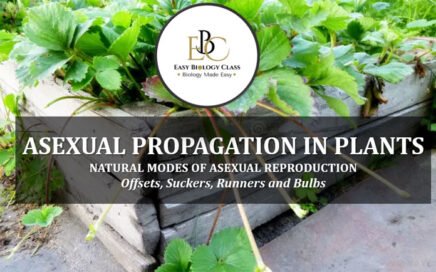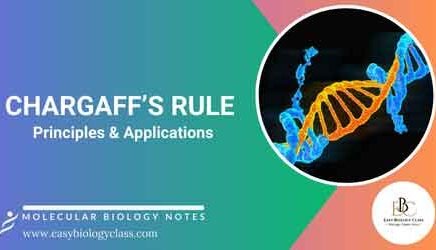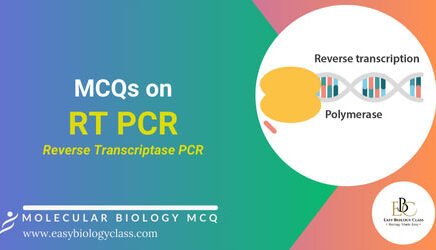
Types of Gardens PPT
Types of Gardens PPT: Garden styles, designs, and types vary based on cultural influences, aesthetics, and functionality. English gardens are known for their natural, romantic […]

Types of Gardens PPT: Garden styles, designs, and types vary based on cultural influences, aesthetics, and functionality. English gardens are known for their natural, romantic […]

Flower Arrangement PPT: Flower arrangement is the art of organizing flowers, foliage, and other decorative elements to create visually appealing compositions. The concept of flower […]

Botanical Photography PPT: Botanical photography is the art of capturing detailed images of plants using proper components like camera settings and lenses. Composition plays a […]

Asexual Propagation in Plants PPT: Asexual propagation in plants allows them to reproduce without seeds, using specialized structures like offsets, runners, suckers, and bulbils. Offsets […]

Chargaff’s Rule states that in a double-stranded DNA molecule, the amount of adenine (A) always equals the amount of thymine (T), and the amount of […]

Chargaff Rule Questions: Chargaff’s rule, proposed by Erwin Chargaff in the 1950s, is a fundamental principle in molecular biology that describes the base composition of […]
Reverse Transcriptase PCR (RT-PCR) is a powerful molecular biology tool with extensive applications in research, diagnostics, and biotechnology. It is widely used for detecting and […]

Reverse Transcription Polymerase Chain Reaction (RT-PCR) is a molecular biology technique used to detect and quantify RNA. It involves reverse transcription of RNA into complementary […]

The HIV life cycle begins with attachment to CD4 receptors on host cells, followed by fusion of the viral envelope with the cell membrane. The […]